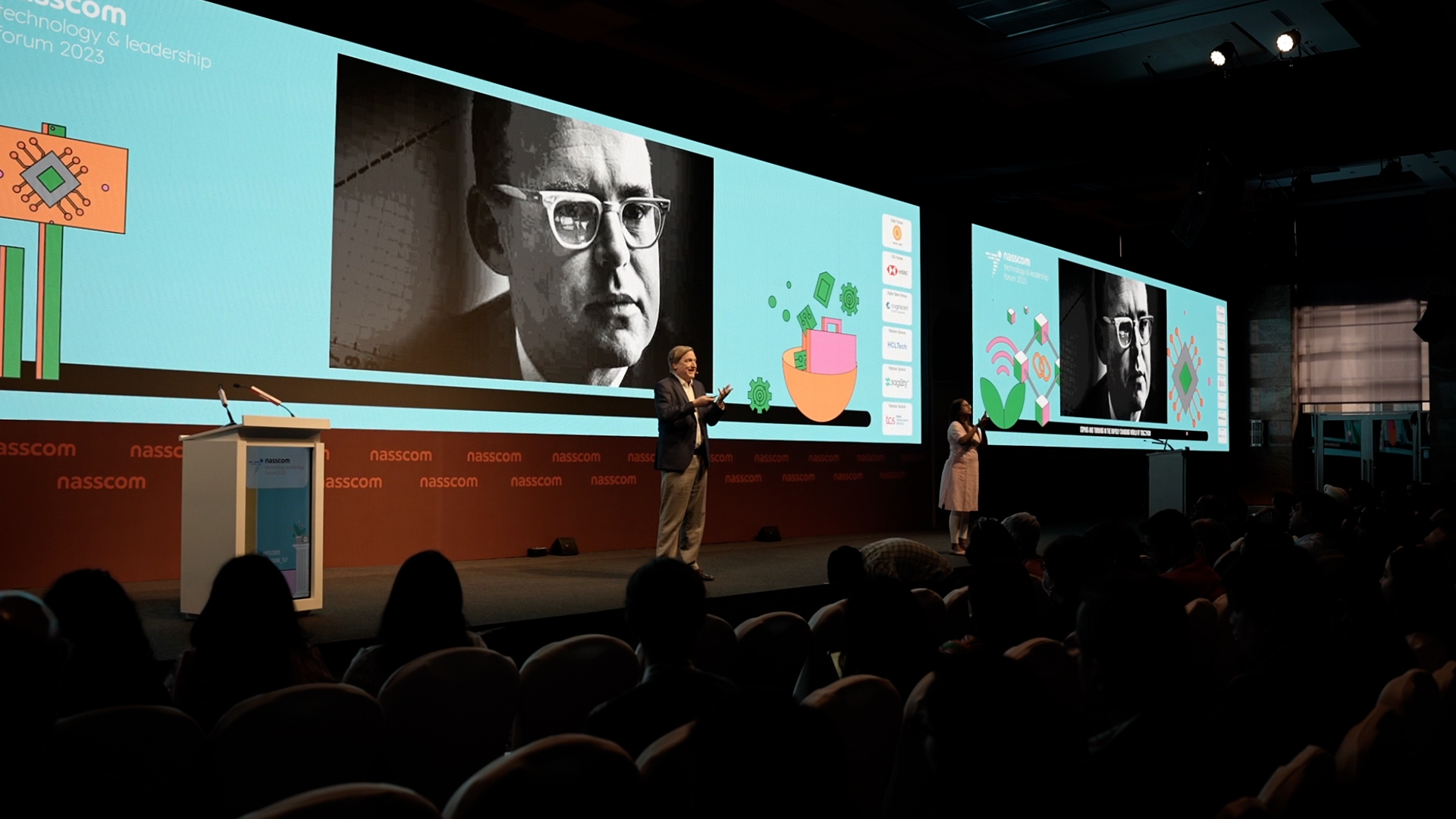Share:
Stories, Dice, and Rocks That Think
As a Futurist I get to explore new inventions and track the progress of all kinds of technologies. But how did we get so smart to be able to dream all of these things up? Until I interviewed Byron about his new book Stories, Dice, and Rocks That Think: How Humans Learned to See the Future — and Shape it I hadn’t given this any thought. It is a fascinating read and looks at what makes the human mind so unique and also explores the three leaps in our history that made us who we are—and will change how you think about our future. Clearly, we humans are radically different from the other creatures on this planet. But why? Byron argues that we owe our special status to our ability to imagine the future and recall the past, escaping the perpetual present that all other living creatures are trapped in. Envisioning human history as the development of a societal superorganism he names Agora, Reese shows us how this escape enabled us to share knowledge on an unprecedented scale, to predict—and eventually master—the future. Thoughtful, witty, and compulsively readable, Reese unravels our history as an intelligent species in three acts: Act I: Ancient humans undergo “the awakening,” developing the cognitive ability to mentally time-travel using language Act II: In 17th century France, probability theory is born—a science for seeing into the future that we used to build the modern world Act III: Beginning with the invention of the computer chip, humanity creates machines to gaze into the future with even more precision, overcoming the limits of our brain The book is a fresh new look at the history and destiny of humanity, you will come away from Stories, Dice, and Rocks that Think with a new understanding of what they are—not just another animal, but a creature with a mastery of time itself. We also discussed: What is a Futurist?Why Byron wrote the bookThe structure of the book into 3 actsPascal's 1654 moment on reasoning & ProbabilityHuman brain capacity in 1654 vs nowThe 21 told storiesThe power of storytellingAre we being overloaded with stories?What about "fake news" and untrue stories?Act 3: The rocks that thinkWhat will the next 50 years look like?Where will AI help us innovate?The half-life of a job2001: A Space OdysseyActionable advice for predicting your future More on Byron Byron's website Byron on Twitter Buy the book Your Host: Actionable Futurist® & Chief Futurist Andrew Grill For more on Andrew - what he speaks about and recent talks, please visit ActionableFuturist.com
As a Futurist I get to explore new inventions and track the progress of all kinds of technologies. But how did we get so smart to be able to dream all of these things up? Until I interviewed Byron about his new book Stories, Dice, and Rocks That Think: How Humans Learned to See the Future — and Shape it I hadn’t given this any thought.
It is a fascinating read and looks at what makes the human mind so unique and also explores the three leaps in our history that made us who we are—and will change how you think about our future.
Clearly, we humans are radically different from the other creatures on this planet. But why?
Byron argues that we owe our special status to our ability to imagine the future and recall the past, escaping the perpetual present that all other living creatures are trapped in.
Envisioning human history as the development of a societal superorganism he names Agora, Reese shows us how this escape enabled us to share knowledge on an unprecedented scale, to predict—and eventually master—the future.
Thoughtful, witty, and compulsively readable, Reese unravels our history as an intelligent species in three acts:
Act I: Ancient humans undergo “the awakening,” developing the cognitive ability to mentally time-travel using language
Act II: In 17th century France, probability theory is born—a science for seeing into the future that we used to build the modern world
Act III: Beginning with the invention of the computer chip, humanity creates machines to gaze into the future with even more precision, overcoming the limits of our brain
The book is a fresh new look at the history and destiny of humanity, you will come away from Stories, Dice, and Rocks that Think with a new understanding of what they are—not just another animal, but a creature with a mastery of time itself.
We also discussed:
What is a Futurist?Why Byron wrote the bookThe structure of the book into 3 actsPascal’s 1654 moment on reasoning & ProbabilityHuman brain capacity in 1654 vs nowThe 21 told storiesThe power of storytellingAre we being overloaded with stories?What about “fake news” and untrue stories?Act 3: The rocks that thinkWhat will the next 50 years look like?Where will AI help us innovate?The half-life of a job2001: A Space OdysseyActionable advice for predicting your future
More on Byron
Byron’s website
Byron on Twitter
Buy the book
Your Host: Actionable Futurist® & Chief Futurist Andrew Grill
For more on Andrew – what he speaks about and recent talks, please visit ActionableFuturist.com

- Interview (Video)
- Interview (Video)





